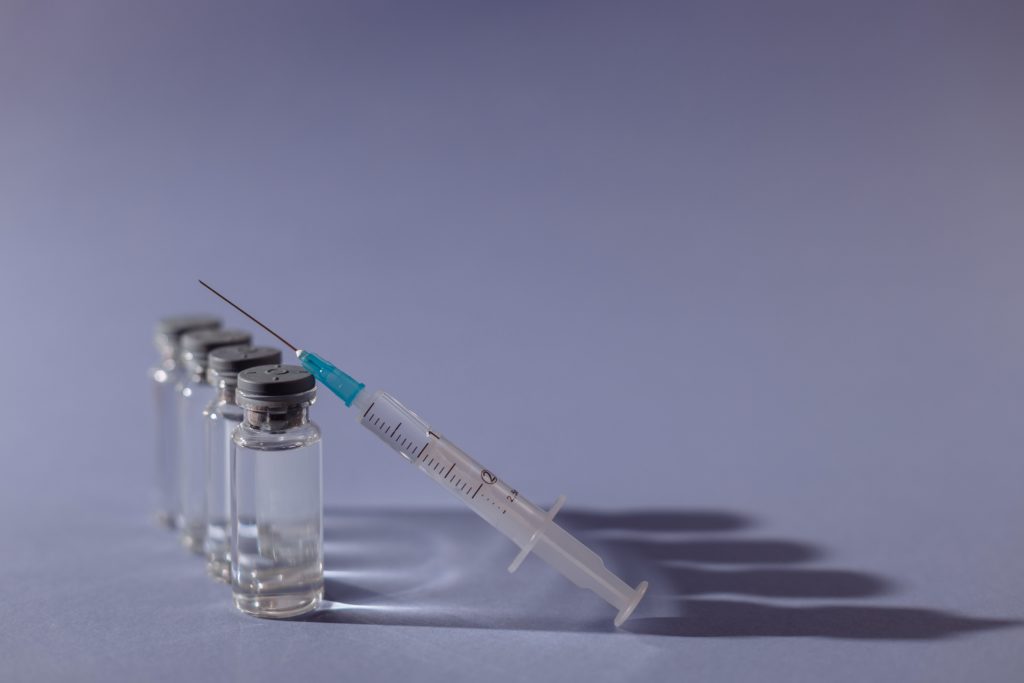Ketamine and Addiction: A Closer Look
Table of contents
In 2019 Ketamine was approved for use in the treatment of depression despite its high rate of addiction. Despite its bad reputation, it’s a useful drug for treatment-resistant individuals when monitored carefully.
What is Ketamine?
Ketamine is a dissociative anesthetic that may induce hallucinogenic effects. It has the consistency of a clear liquid in a medical setting, often in the form of a nasal spray called esketamine (Spravato). Conversely, it has the appearance of a white or brown grainy crystalline powder when sold illegally. Outside of a medical setting, individuals can occasionally find it in tablet form but it is most often a powder.
Intended Use/Treatment
Ketamine began—oddly enough—as a general anesthetic for animals in 1960s Belgium. It was approved for human treatment in the 1970s as a pain reliever for injured soldiers of the Vietnam war. Since then, Ketamine has been used to treat several conditions including pain, status epilepticus (prolonged seizure), depression, and anxiety.
As a depression treatment, doctors often prescribe it in tandem with regular antidepressants to boost the effects for patients who are treatment-resistant. Nasal sprays are administered in a doctor’s office once or twice a week and patients are monitored 2 hours after the dose. Ketamine comes with a high rate of abuse and overdose, so it’s common for treatment to be heavily monitored and controlled.
How It’s Abused
Ketamine is classified by the Food and Drug Administration (FDA) as a Schedule III Class B non-narcotic drug, meaning it has a moderate to high rate of abuse. As a result, the medical industry highly regulates the drug but despite it, ketamine is still a thriving party and street drug. As a party drug, individuals can inject Ketamine, infuse it into drinks, snort it, or roll it into joints or cigarettes. Because of the incapacitating and short-term memory loss side effects, people often use Ketamine as a date-rape drug. Some street names for Ketamine include Special K, Cat Valium, Super Acid, Jet, and Purple.
Effects and Health Risks of Ketamine
When used in prescribed doses, the side effects of Ketamine include:
- drowsiness
- double vision
- confusion
- nausea
- vomiting
- dizziness
- feeling of unease
When used improperly, the above effects may intensify as well as introduce new side effects in prolonged use. Some of the side effects of Ketamine abuse include:
- agitation
- panic attacks
- damage to short- and long-term memory
- Depression (extended use)
Complications
Ketamine increases blood pressure and heart rate which can lead to cardiovascular damage, heart disease, and cardiac arrest. Paralysis and reduced muscle control can leave people vulnerable to dangerous situations. It’s also very easy for individuals to hurt themselves due to muted pain receptors.
Ketamine can cause serious damage to the bladder, resulting in an urgent and frequent need to pee. Some may also experience acute bladder pain when peeing accompanied by blood spotting. The urinary tract in general is subject to damage with severe cases even leading to incontinence.
In prolonged cases of addiction with heavy use, individuals may develop mental or psychological disorders. The long-term effects of which include memory loss/flashbacks, depression, and psychosis/hallucinations. Abusing Ketamine can also make pre-existing mental disorders worse.
What It’s Cut With
Illegal Ketamine in powdered form is often cut with similar-looking powders like baking soda to add weight and increase profit. It’s virtually undetectable whether street Ketamine has been cut with something based on visual inspection.
Overdose Characteristics
If an individual on Ketamine experiences any of the following symptoms, a bystander should contact 911 immediately:
- rigid muscles or paralysis
- fast heartbeat
- convulsions
- unconsciousness
Detox With Briarwood
Briarwood Detox Center offers detox treatment for alcohol, opioid, methamphetamine, prescription drugs, and much more. Our experienced clinical staff provide round-the-clock monitoring throughout the detox process and our therapy team provides support to help manage the emotional response to treatment. Additionally, we have detox facilities located in Austin, Houston, and Colorado Springs with state-of-the-art amenities.
Briarwood is dedicated to facilitating a healthy and safe environment that empowers people to make significant and lasting changes in their lives. We look forward to supporting you or your loved one on the journey to recovery. Call (512) 277 – 3103 today for more information on our programs and admission process.
Break Free From Your Addiction Today
(in 3 easy, confidential steps)
Verify your insurance
Complete our fast, free, and easy verification process over the phone to determine the extent of your insurance coverage.
Make an informed decision
We will provide personalized placement recommendations based on your insurance, treatment needs, financial situation, and schedule.
Contact us
Call (888) 857-0557 or fill out our online form for a free and confidential personal consultation with an admissions specialist.











